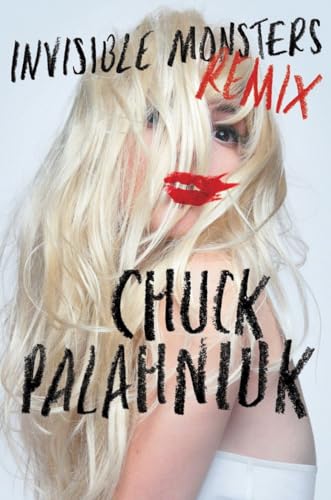Sometimes library customers approach service desks with the funniest accidental statements, like,"We want to know if you have books." I can understand that. Once I corrected myself in an office supply store, after I started to ask, "Do you have spiral-bound notebooks?" In mid-sentence, I changed that to, "Where would I find spiral-bound notebooks?"
One of my favorite funny statements was,"I need help finding Sherlock Holmes." Not, "Where might I find Sherlock Holmes books (or DVDs?)"
Doesn't that strike you as a bit ironic? Sherlock Holmes' cases often begin with the cliché of a person appearing at his residence at 221 Baker Street, asking for help with a mystery. I would expect fans of that famous detective to try to test their own skills of deduction, and find their own library materials.
Of course, they might ask where to find the library catalog (Sherlock himself would likely ask for the card catalog, because his stories take place in an era when automation of library catalogs with computers sounds like a science fiction concept.)
Doesn't that strike you as a bit ironic? Sherlock Holmes' cases often begin with the cliché of a person appearing at his residence at 221 Baker Street, asking for help with a mystery. I would expect fans of that famous detective to try to test their own skills of deduction, and find their own library materials.
Of course, they might ask where to find the library catalog (Sherlock himself would likely ask for the card catalog, because his stories take place in an era when automation of library catalogs with computers sounds like a science fiction concept.)
I'll save readers of this post a little bit of trouble. A catalog search for author "Doyle, Arthur Conan" returned 73 titles. Some of the items on this list are written by Sir Arthur Conan Doyle himself; he wrote four Sherlock Holmes novels, and 56 short stories featuring the world's most famous consulting detective.
 |
| Benedict Cumberbatch, on location as Sherlock. Chinatown, London. From Fat Les' photostream on Flickr.com. Some rights reserved. |
Over the years since the fictitious character, Sherlock Holmes, first appeared in publication in 1887, he has inspired a veritable plethora of authors, directors, and artists to create new versions of Conan Doyle's stories, or use characters from the original tales for plots of their own.
I especially like a BBC television series called Sherlock, starring Benedict Cumberbatch as Sherlock Holmes. It's an incredibly complicated series that takes place in the present day; I always feel I must keep my eyes riveted to the screen, just in case I miss something. They only make a few episodes every year, because of this complexity.
I'm looking forward to the release of an upcoming movie called Mr. Holmes, featuring Sir Ian McKellen (Gandalf!) as a 93 year old Sherlock Holmes in the year 1947.
Here's the book I'm reading right now. I picked it up one day when I needed something to read on my lunch break, and I had not looked too closely to see what it was about; I just saw it in the mystery section of the new book shelf.
What a delightful surprise to find it is part of a series about Arthur Conan Doyle, the doctor who wrote the Sherlock Holmes stories; he is cast as an amateur detective, in addition to being a famous writer. I haven't read very far in the Revenant of Thraxton Hall: the Paranormal Casebooks of Sir Arthur Conan Doyle, but I can tell you that I am enjoying it. Arthur Conan Doyle has just published "The Final Conflict," his last Sherlock Holmes story, and killed the Sherlock character off. This has caused a public outcry; people are calling him a murderer. He escapes London for the country, and follows a case to Thraxton Hall, with his friend, Oscar Wilde. Oh, I should probably mention that the murder he is investigating has not yet happened. That's just another of those intriguing Sherlock Holmes conundrums so many of us have grown to love.



